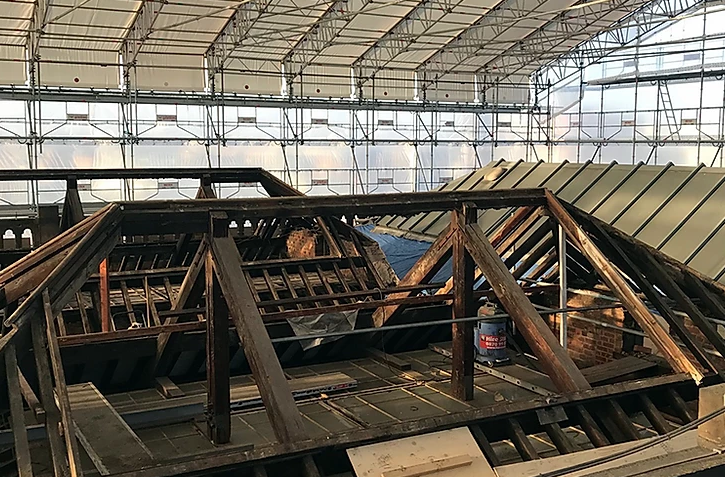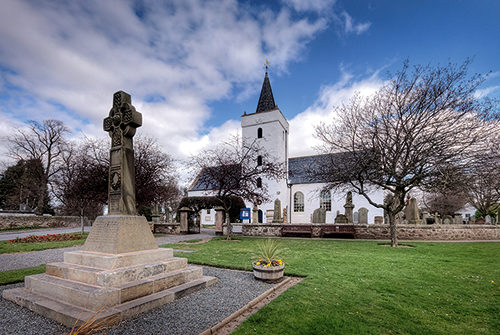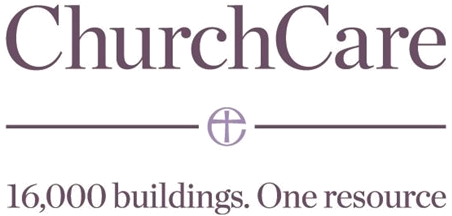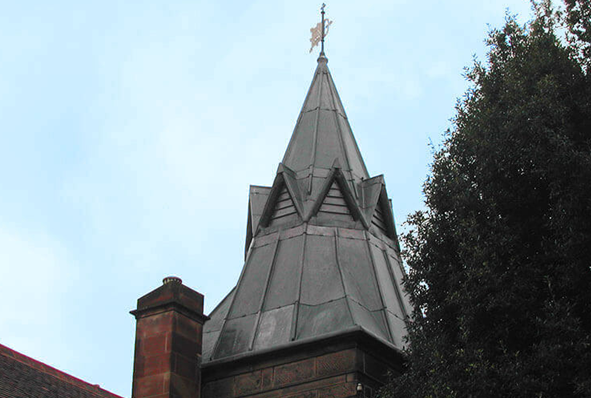Heritage Roofing
Heritage roofing - maintaining our iconic buildings
The UK is home to some of the most iconic buildings in the world, from stunning churches and cathedrals to historic stately homes. Each and every one of these remarkable feats of architecture requires regular maintenance to ensure they remain in the very best condition, allowing them to be enjoyed for generations.
Lightning Protection
When lightning strikes are you protected against this act of God?
The issue of lightning protection in churches is one that has exercised this publication for many years. In this four-part series of spotlights on the issue we will be revisiting various aspects of the subject, beginning with an overview of current thinking.
Traditional Lime
Lime: it’s better for buildings – and for the environment
It is now fairly well known that cement is not good for old buildings and that lime mortar should be used. But why? What are the advantages and what are the disadvantages? In order to begin to answer those questions it is necessary to understand the nature of traditional building, the process by which buildings used to be built, and how it differs from modern construction, the process by which we build today.
Audio Visual
Audio visual equipment in church buildings
This guidance is issued by the Church Buildings Council under section 55(1)(d) of the Dioceses, Mission and Pastoral Measure 2007. As it is statutory guidance, it must be considered with great care. The standards of good practice set out in the guidance should not be departed from unless the departure is justified by reasons that are spelled out clearly, logically and convincingly.
Read More...
CRE Events
Christian Resources Exhibition enters a new chapter as Church Resources Exhibition
The Christian Resources Exhibition (CRE), the UK’s largest church-related show, has changed hands in its 40th year and has been taken over by Quartz Business Media.
Insurance
You need to ensure that reasonable precautions are in place at your church to keep it safe for those who use it. To do this, you need to think about what might cause harm to people.
You will then need to decide if the precautions already in place are adequate. If they are not, you may need to identify further action to prevent any danger. When done formally, this is known as a risk assessment.
LPOW Grants
£23 million government package to support restoration of thousands of listed places of worship
Heritage Minister Sir Chris Bryant has announced that the Listed Places of Worship Grant Scheme will be extended into the next financial year, providing £23 million so that thousands of historical buildings, including churches, synagogues, mosques and temples, can carry out restoration work.
Lead Roofing
Lead is one of the oldest materials in the roofing industry and is still commonly used throughout the world today.
Lead roofing is a traditional roofing method which has been used in the industry for hundreds of years, and is therefore proven to be extremely reliable. Lead roofing, and sand-cast lead, in particular is ideal for old buildings such as churches or historical renovations, whereas milled lead roofing is a mass-produced alternative, used for precision and accuracy in homes and commercial buildings alike.
Home
West Dean Introduces New Course
As part of West Dean College’s programme of short courses for professional conservators (Professional Conservators in Practice - PCIP), it has introduced for the first time, a ‘Conservation for horologists’ course.
The course will be led by Trevor Waddington, a
private horological conservator-restorer based in Wiltshire, alongside
principal tutor Elliott Nixon, currently a conservator for the National
Trust and former horological conservator at the British Museum.
This will be an essential course for the professional horologist
aspiring to gain the Institute of Conservation’s Professional
Accreditation of Conservator-Restorers (ACR) qualification.
Although experienced in repair and restoration, many horologists may lack an
understanding of the conservation approach to horology necessary for accreditation.
This course, approved by the Institute of Conservation (Icon), is designed to bridge that
gap.
The first day explores the composite nature of horological objects: metals, corrosion
processes and treatments, the conservation of organic materials and surface finishes.
The second day covers conservation ethics and uses case studies to examine the
assessment of objects, treatment options and record keeping. The final day
concentrates on the PACR application and assessment process, providing guidance on
how to complete the application documentation, including CPD.
Participants are encouraged to bring examples of conservation issues with them for
group discussion in the evenings. Visiting lecturers include the senior horological
curator at the British Museum and a recently-qualified horologist ACR.
Conservation for horologists (16 – 19 May 2011)
PC1105
Non-residential fee: £363
Fully residential course fees: from £492 (Mon pm – Thurs pm includes breakfast and
dinner)




















